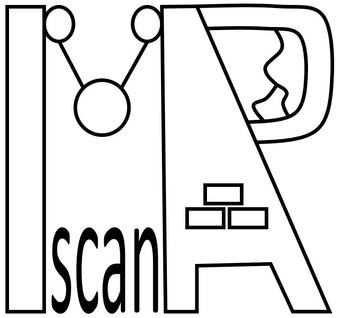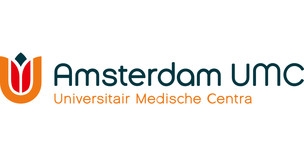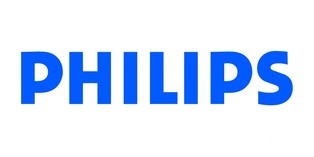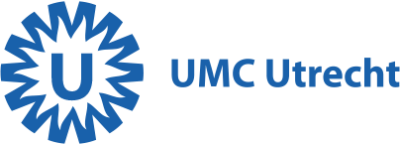MAP-scan: Design of Metabolic Anatomic Physiologic MRI for clinic
Standardised care for treatment of diseases is gradually being replaced by personalised care, tuned to the individualised health profile and specific manifestation of the disease. This personalised care can improve treatment outcome, could lead to less toxic side effects and eventually would reduce cost. Imaging plays a crucial role in quantifying and tracing disease effects. However, anatomical alteration become only visible after a substantial delay after treatment, and is not specific. Personalised care requires a more direct way to image disease effects that is composed of sensitive biomarkers with rapidly expressing indicators of treatment efficacy. For instance, the use of radioactive tracers has demonstrated to be able to image the influx of molecules in metabolism (PET) in order to predict treatment outcome in an early phase. Rather than using these relatively expensive exogenous tracers, specific metabolic information can also be obtained with magnetic resonance spectroscopic imaging (MRSI); a non-invasive imaging technique for direct detection of endogenous metabolites. Preclinical studies as well as a recently NWO funded META-scan project demonstrated that by tuning a high-field MRI to MR sensitive nuclei other than hydrogen (i.e. 31P, 23Na, 13C, 19F) such that water and lipid signals can be eliminated, the technology is feasible (TRL-1) in early prediction of therapy response.
The following is required to bring the technology to clinic cost efficiently:
- The high-field MRI has to be adjusted to fit inside standard MRI rooms
- Metabolic imaging scans need to be merged with anatomic imaging
- Image acquisitions need to be accelerated so both metabolic and anatomic scans can be squeezed in current standard MRI timeslots
- The accelerated MRI will be used to assess physiology as well
- Proof of clinical benefit so FDA approval can be obtained
Partially funded with PPP allowance, The UMC Utrecht, together with academic hospitals of Maastricht, Nijmegen, Amsterdam, Groningen and Leiden, the Spinoza centre, the TU Eindhoven, the spin-off company MR Code and Philips will invest 49M euro to realize (TRL-7) the Metabolism, Anatomy en Physiology scanner (MAP-scan) for clinical use.









